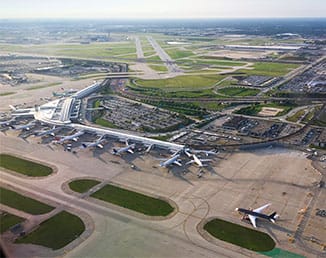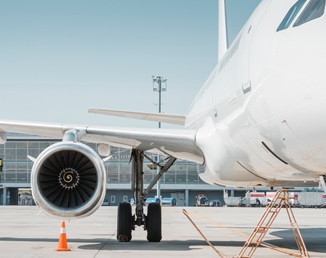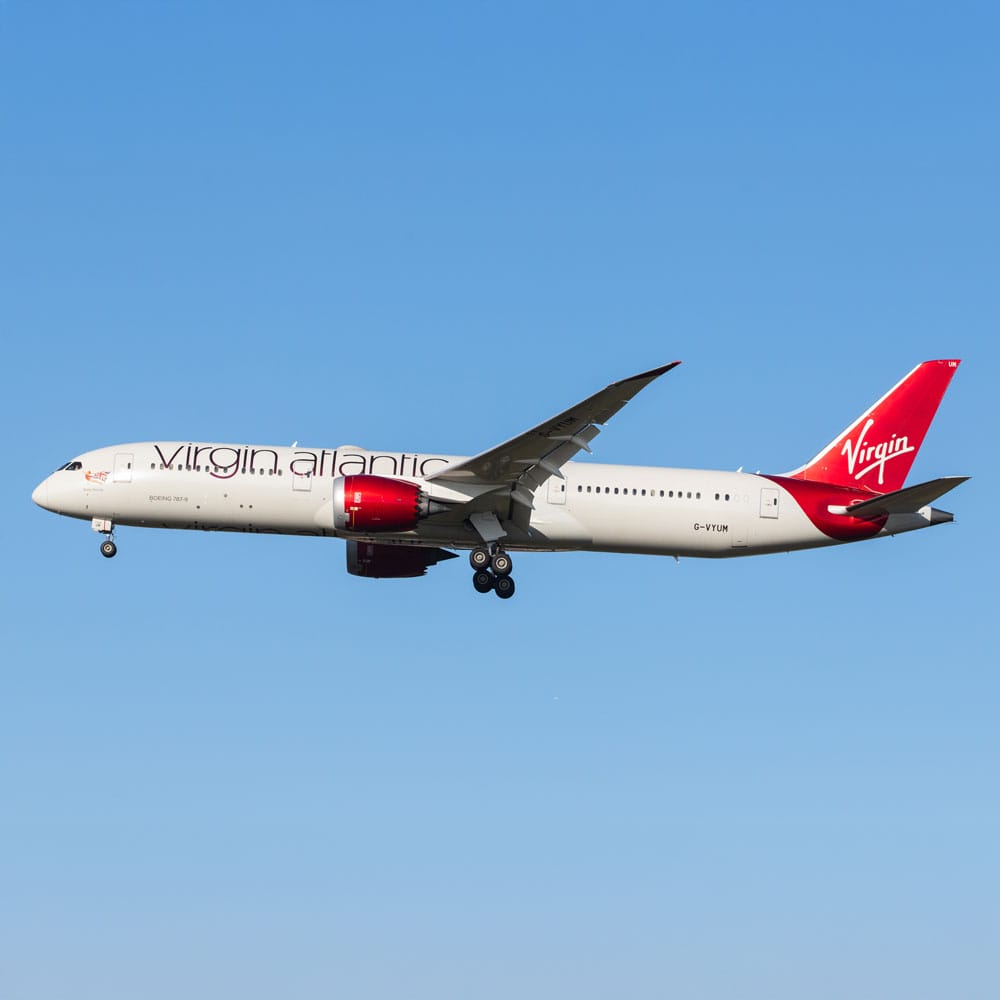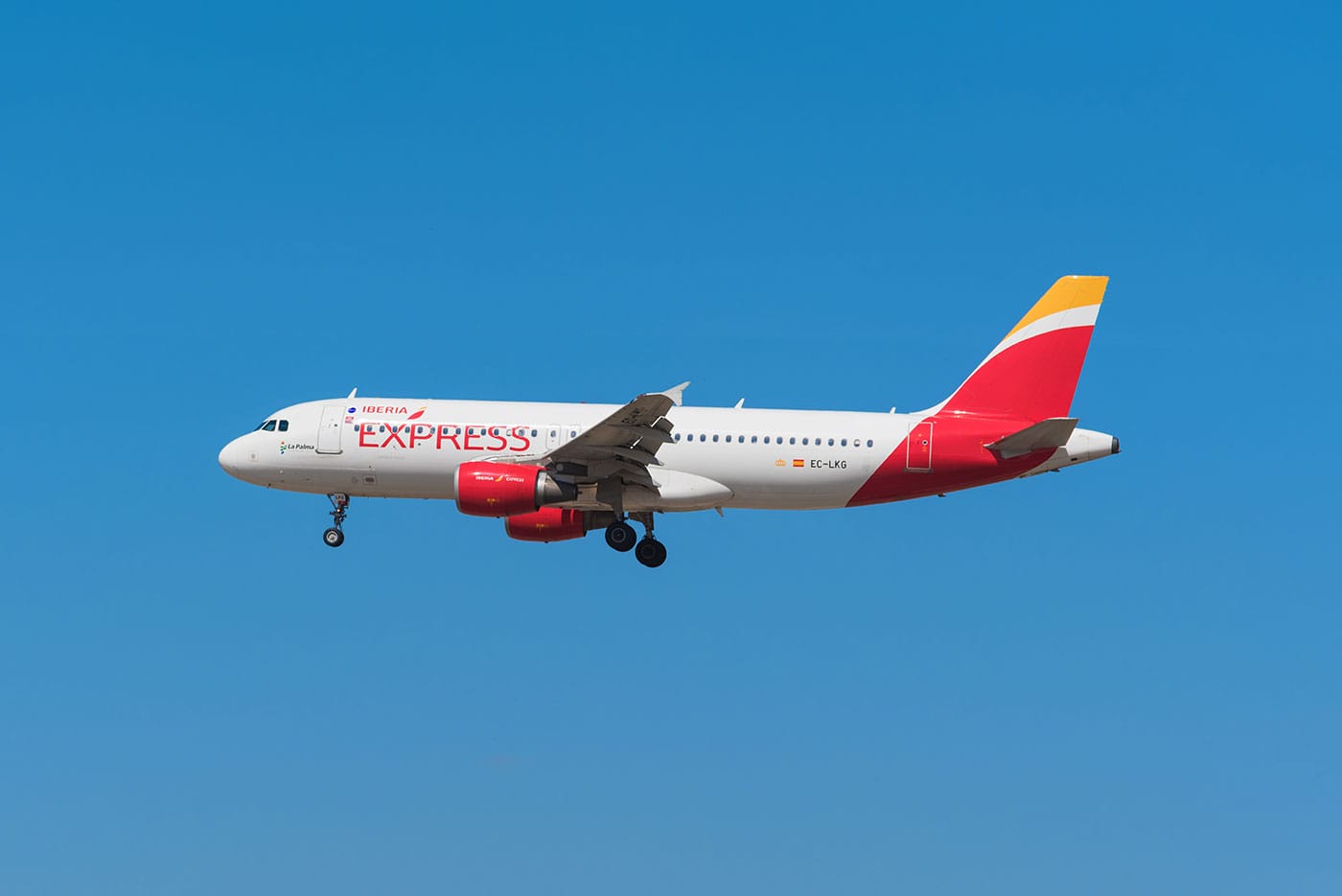At a ceremony held February 10, 2025, in El Dorado Airport (BOG), Cirium’s Chief Executive Officer, Jeremy Bowen, presented the inaugural Platinum Award for Operational Excellence to Natali Leal, General Manager/CEO of Aeropuerto Internacional El Dorado, and representatives from the Colombian Civil Aviation Authority (Aerocivil) and the National Infrastructure Agency of Colombia (ANI). Congratulations to the entire team at BOG for this outstanding achievement.


This award recognizes outstanding airport performance, acknowledging achievements in on time performance, mitigating passenger impact during delays, operational excellence, and connectivity and growth.
Luis Felipe de Oliveira, Executive Director and CEO, Exactly Consulting and Services SARL
We present the Airport Platinum Award to the world’s best airport, which has demonstrated operational excellence for the year.
El Dorado Bogota International Airport wins this inaugural award this year. This accolade recognizes the airport’s exceptional performance beyond on-time performance. We recognize the airport’s performance through a broader lens, including its ability to limit passenger impact during flight disruptions, operational excellence, and growth.
Airports play a crucial role in the aviation industry, serving as primary hubs for both airlines and passengers. Their attractiveness can significantly influence the success of airlines and the satisfaction of travelers. Several factors contribute to making an airport appealing to both these groups.
Operational Efficiency
For airlines, operational efficiency is a top priority. Airlines favor airports that offer quick turnaround times, minimal delays, and streamlined processes for baggage handling and refueling. Efficient airports help airlines maintain their schedules and reduce operational costs. Additionally, modern infrastructure, including well-maintained runways, ample gates, and advanced air traffic control systems, is essential. Airports that invest in these areas can handle more flights and larger aircraft, making them more attractive to airlines.
Cost-Effectiveness
Cost-effectiveness is another critical factor. Despite of the less than 4% in average represent the airport charges in the airlines cost basis, they can significantly impact an airline’s bottom line. Airports that offer competitive pricing for landing fees, parking, and other services are more likely to attract airlines. Additionally, incentives and discounts for new routes or increased traffic can be a strong draw. Connectivity and network capabilities also play a significant role.
Connectivity and Network
Connectivity and network capabilities also play a significant role.
Airports that serve as major hubs with extensive connectivity to other destinations are highly attractive.
Airlines prefer airports that can facilitate easy transfers for passengers and cargo, enhancing their network efficiency.
For passengers, accessibility and location are crucial. Airports situated close to city centers or well-connected by public transportation are more convenient and thus more attractive to travelers. Passengers also appreciate airports that offer a wide range of amenities, such as comfortable lounges, diverse dining options, shopping, and free Wi-Fi. These services enhance the overall travel experience, making the airport more appealing.
Safety and Security
Safety and security are paramount for passengers. Airports that implement stringent security measures and maintain a clean, safe environment are more likely to be favored by travelers. Additionally, friendly and efficient customer service can significantly enhance a passenger’s experience. Airports that prioritize customer satisfaction through helpful staff, clear signage, and efficient processes tend to attract more passengers.
Given the aging population and the need to make airports more inclusive, enhancing accessibility for people with disabilities is essential to better meet the needs of all passengers.
In conclusion, the attractiveness of an airport to both airlines and passengers rests on a combination of operational efficiency, infrastructure, cost-effectiveness, connectivity, accessibility, amenities, safety, and customer service.
Airports that excel in these areas are well-positioned to thrive in the competitive aviation industry, generating better revenues and improve the social and economic activity in the places served.





























































